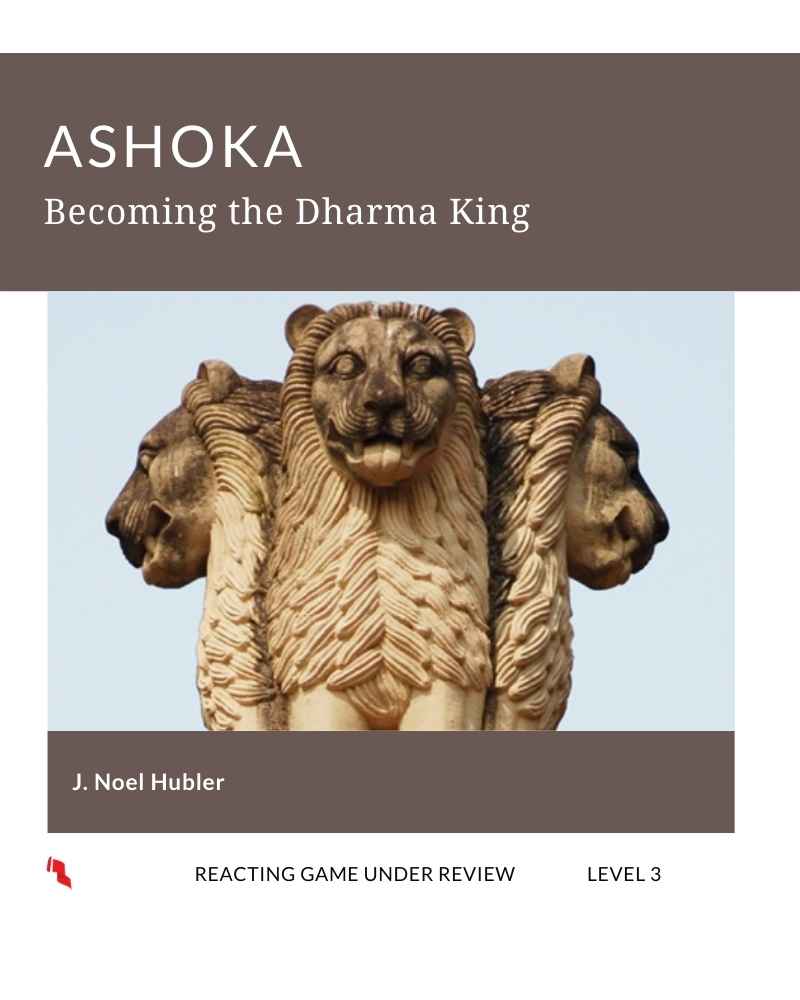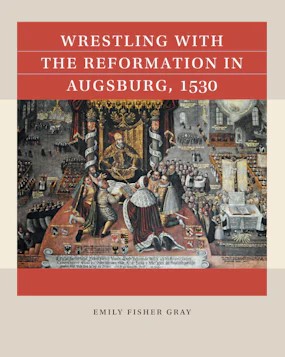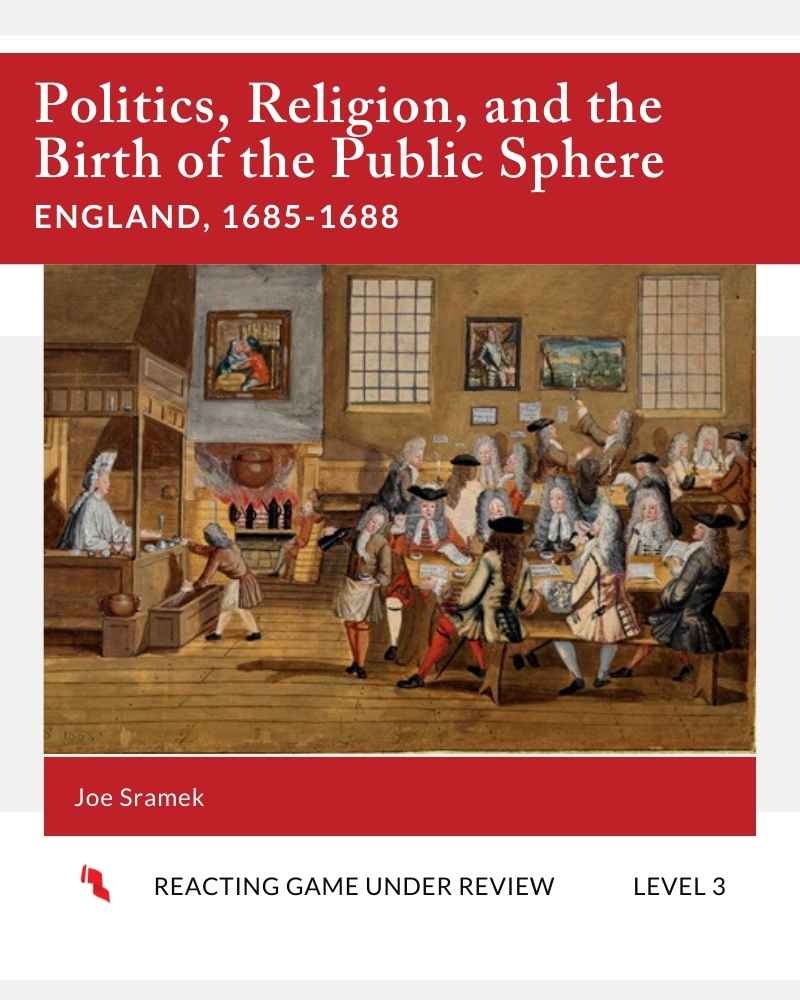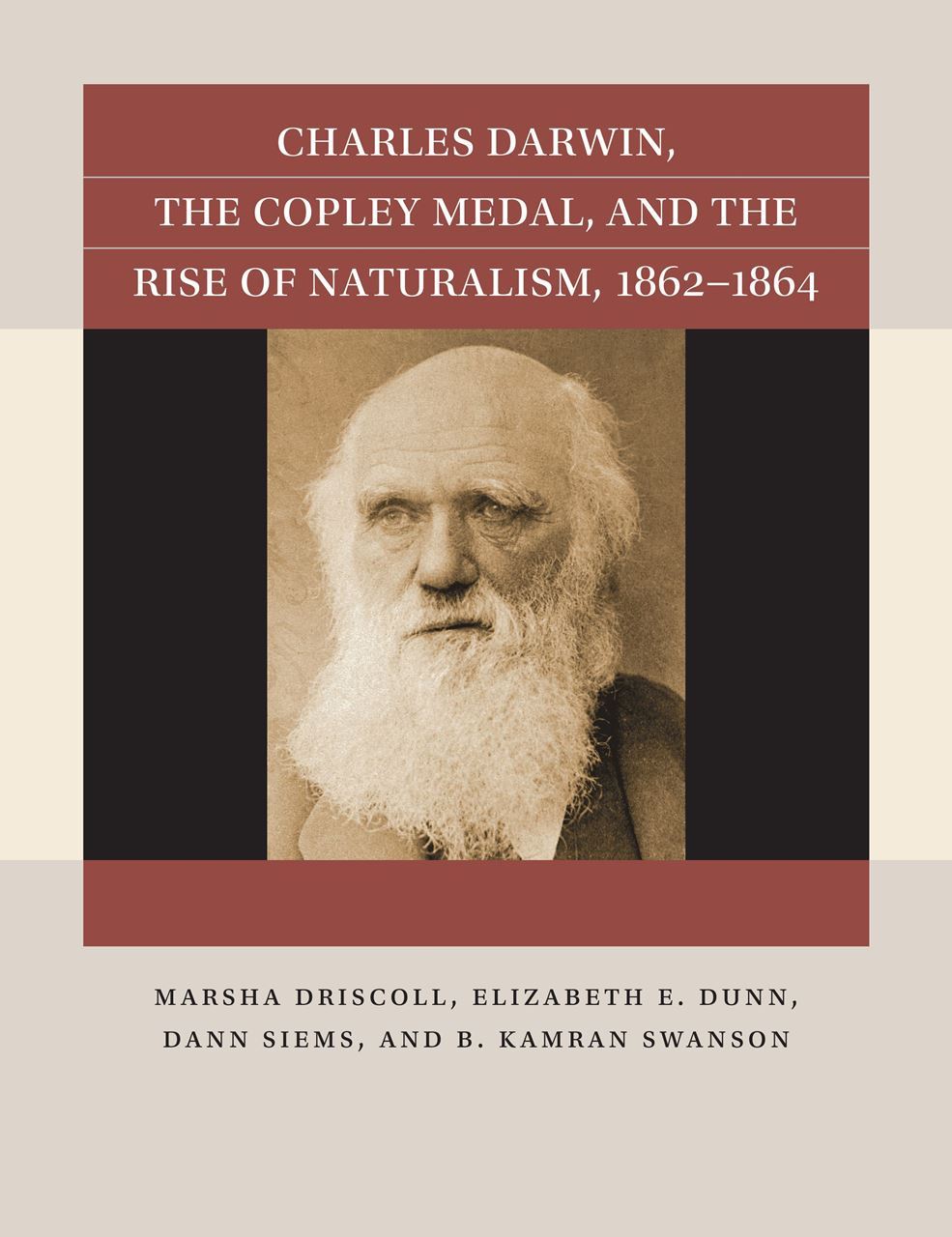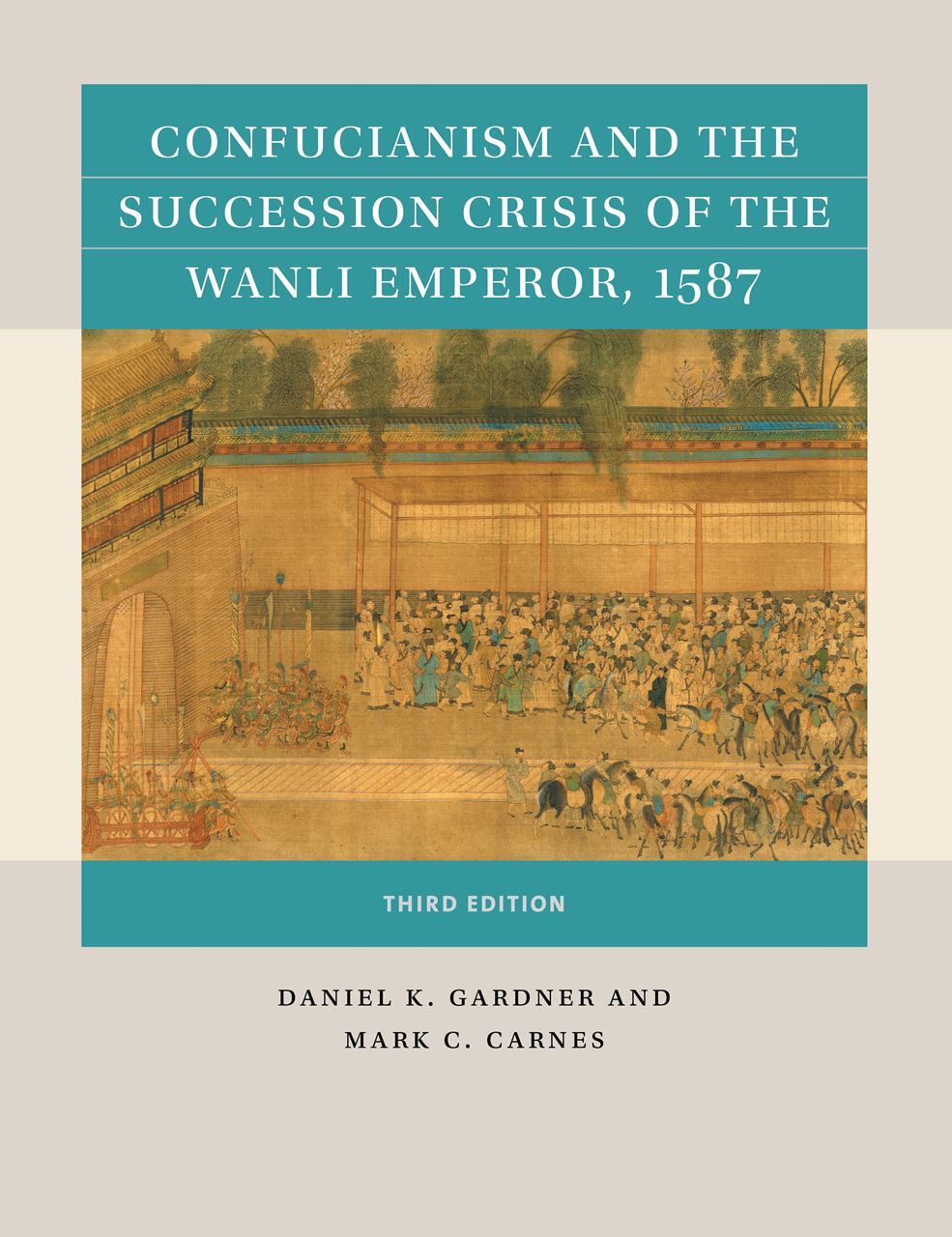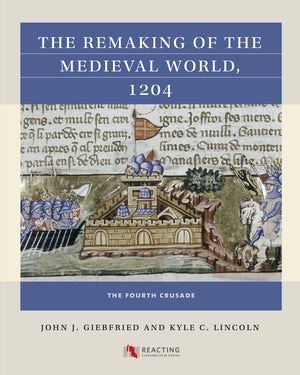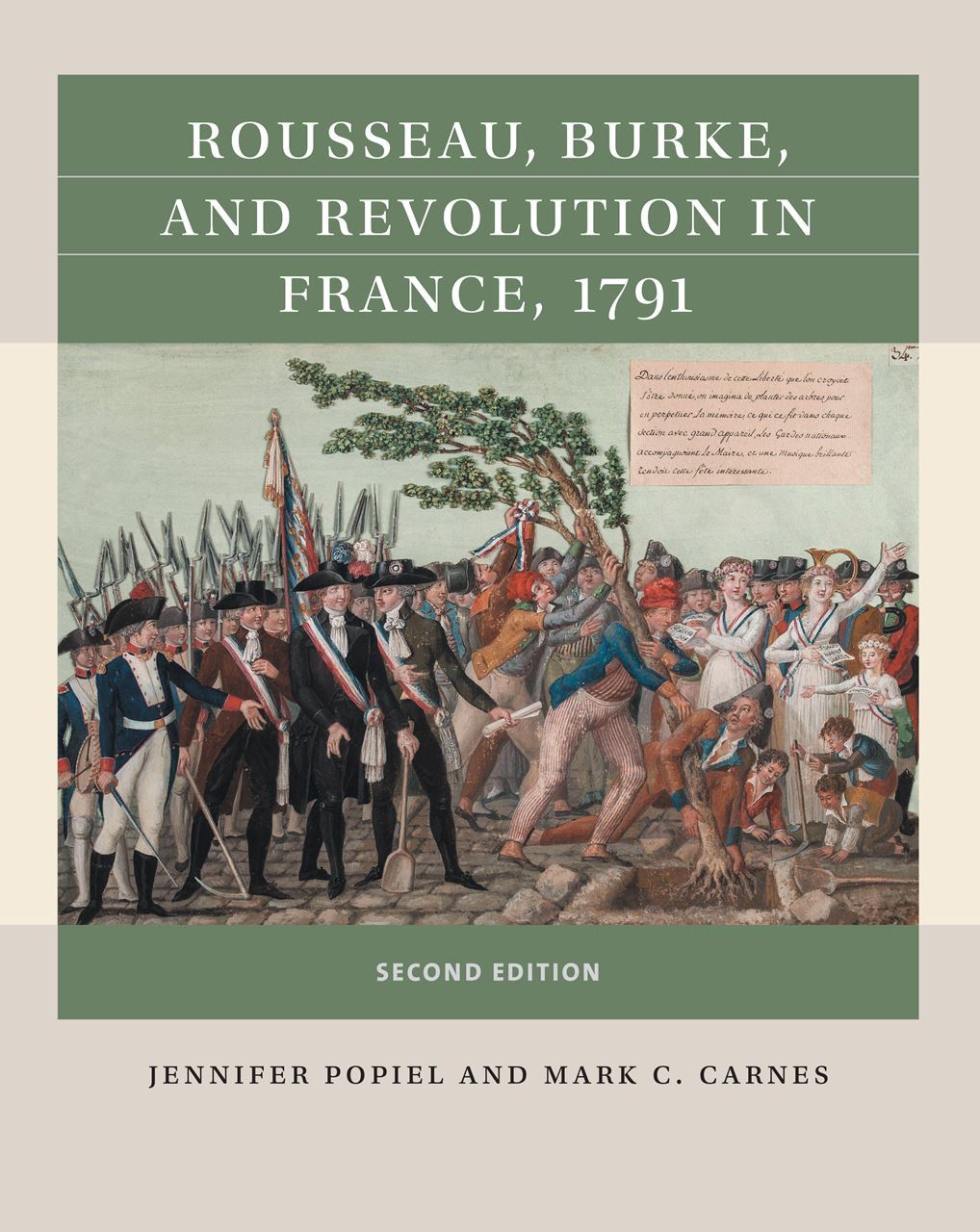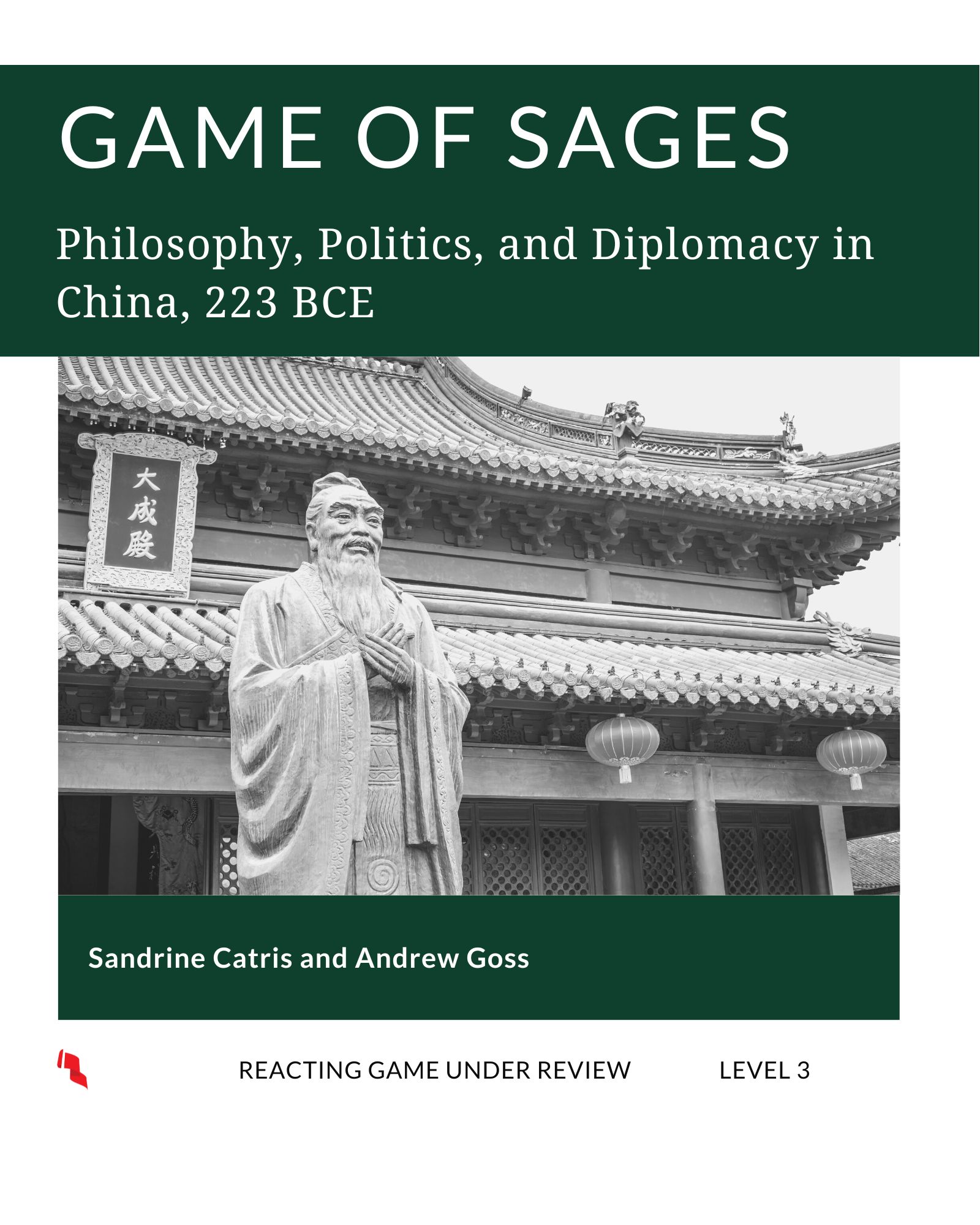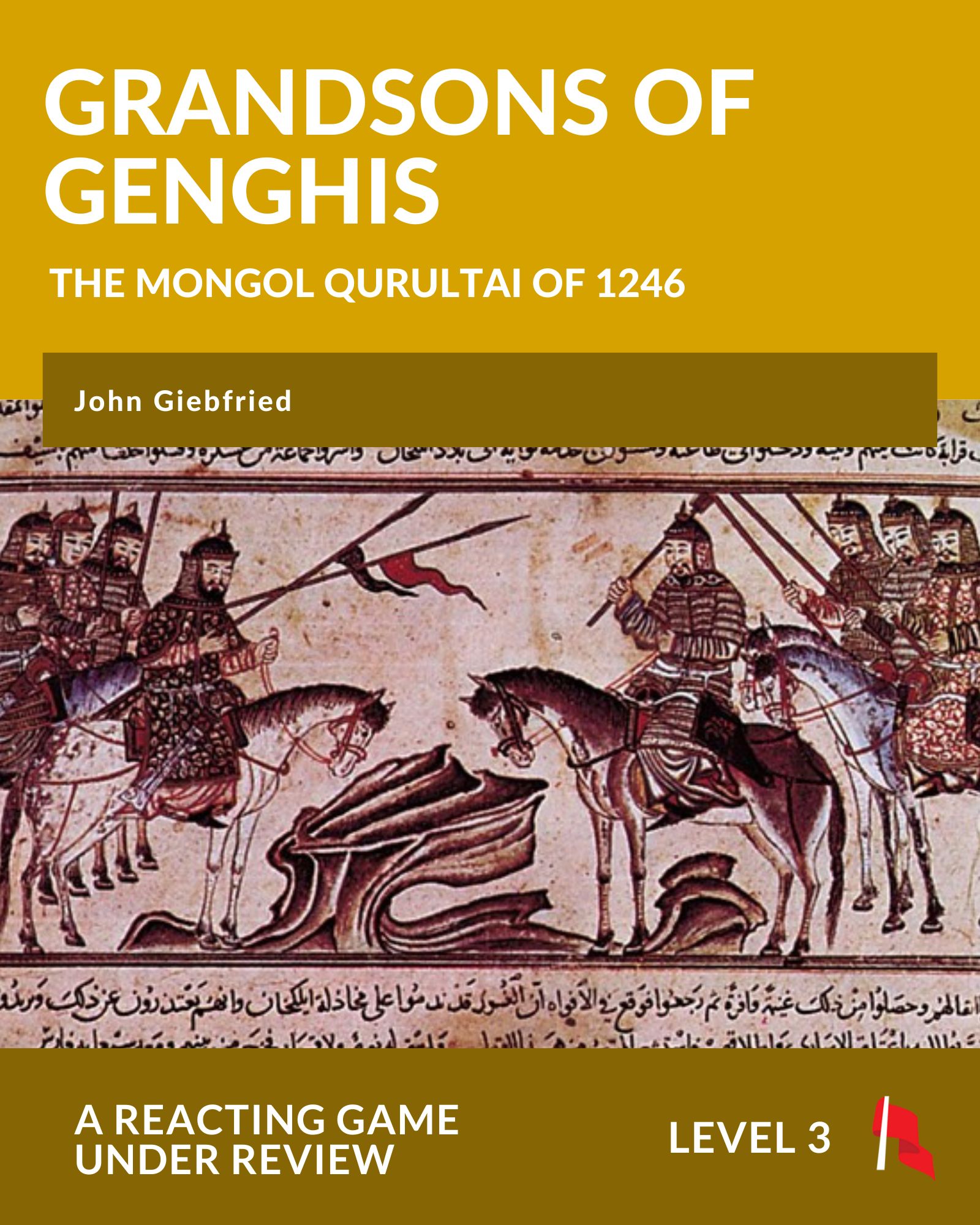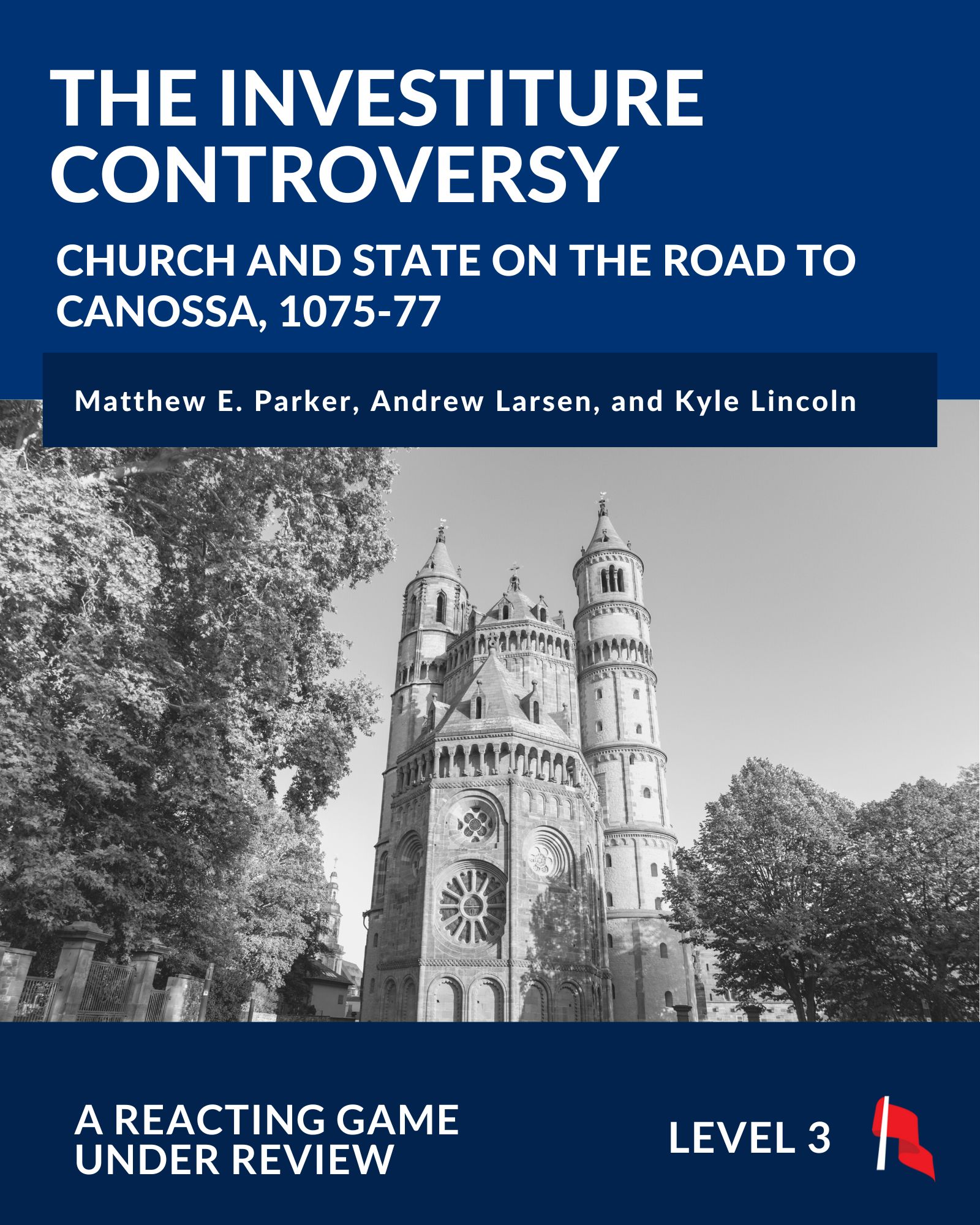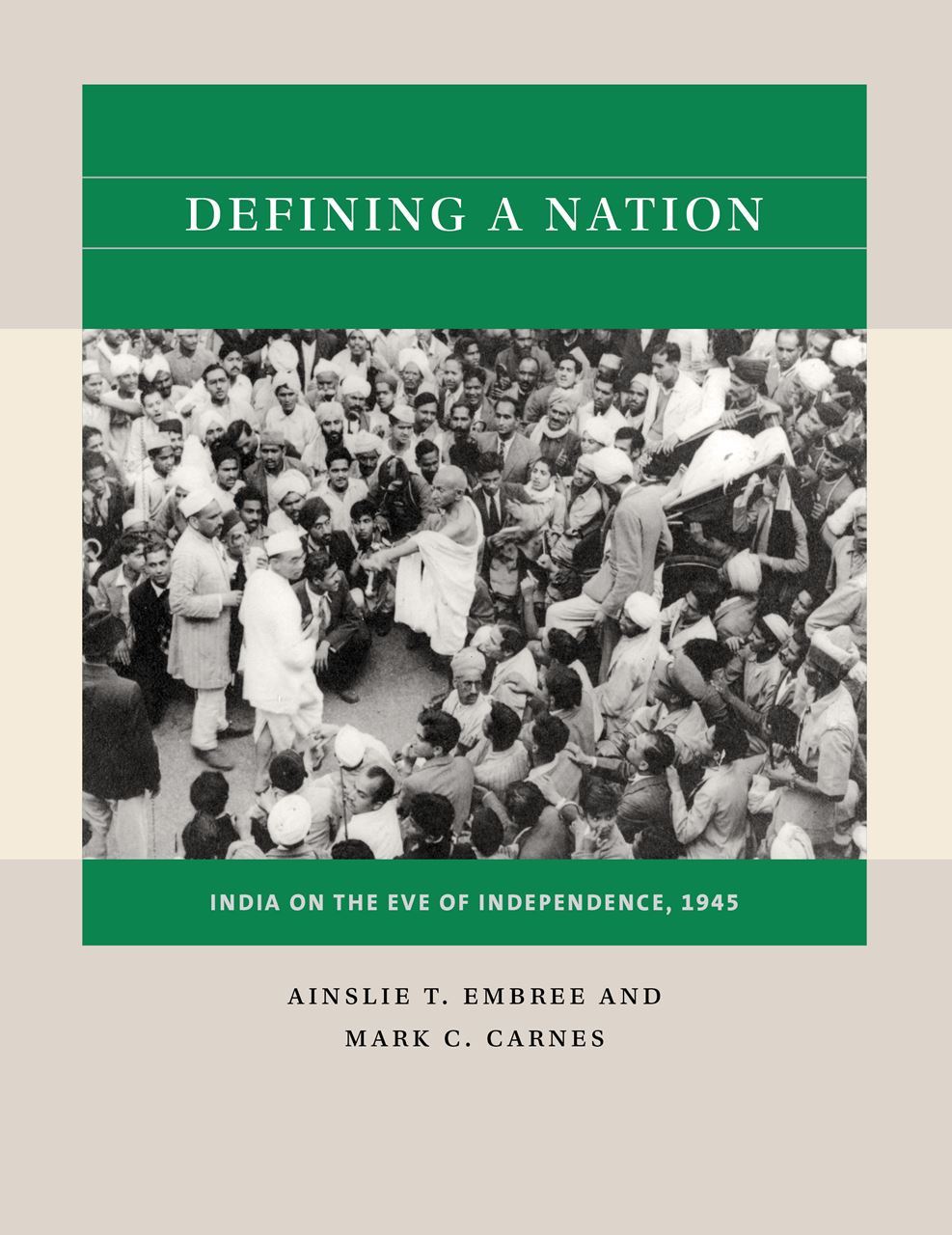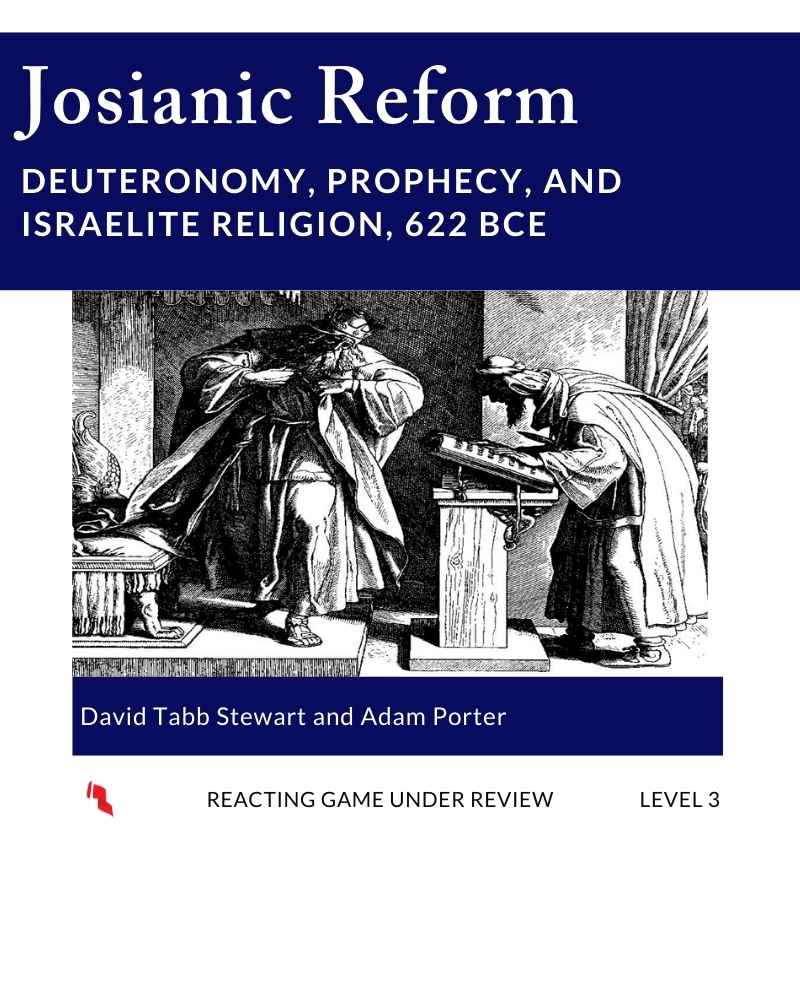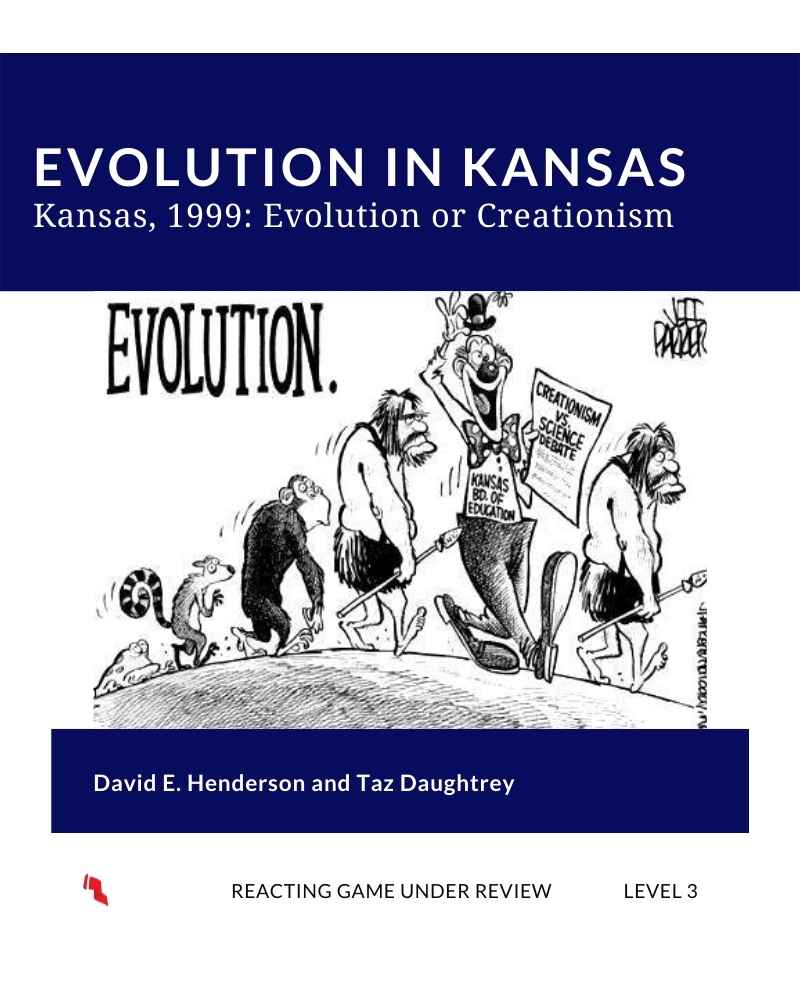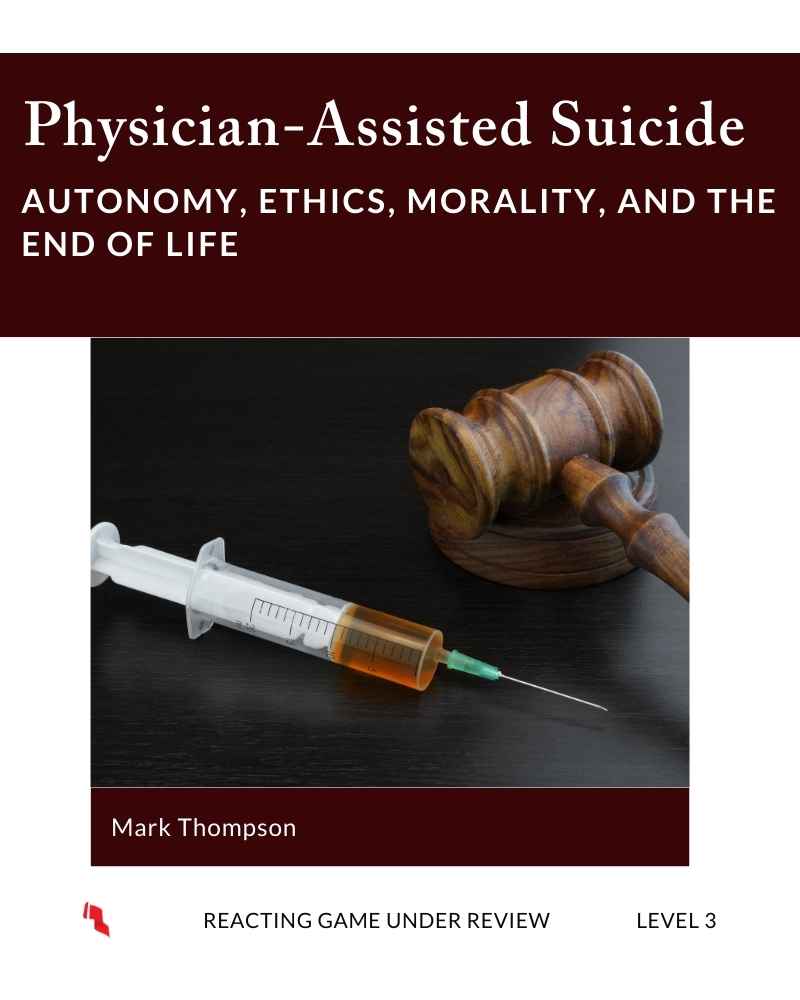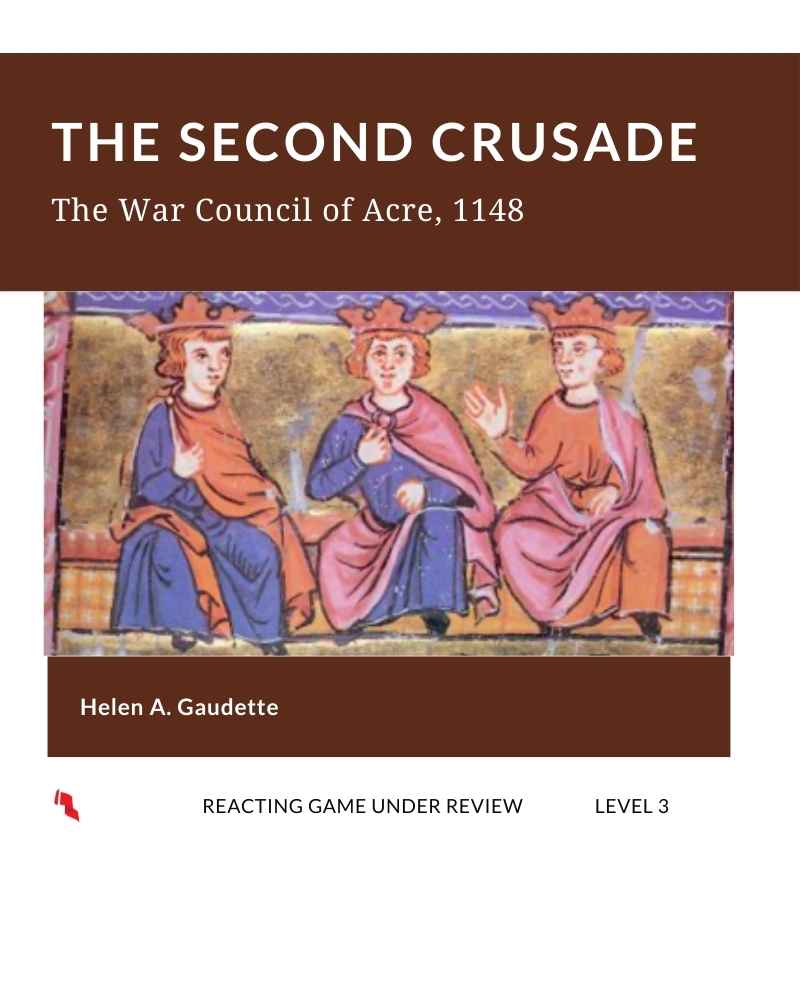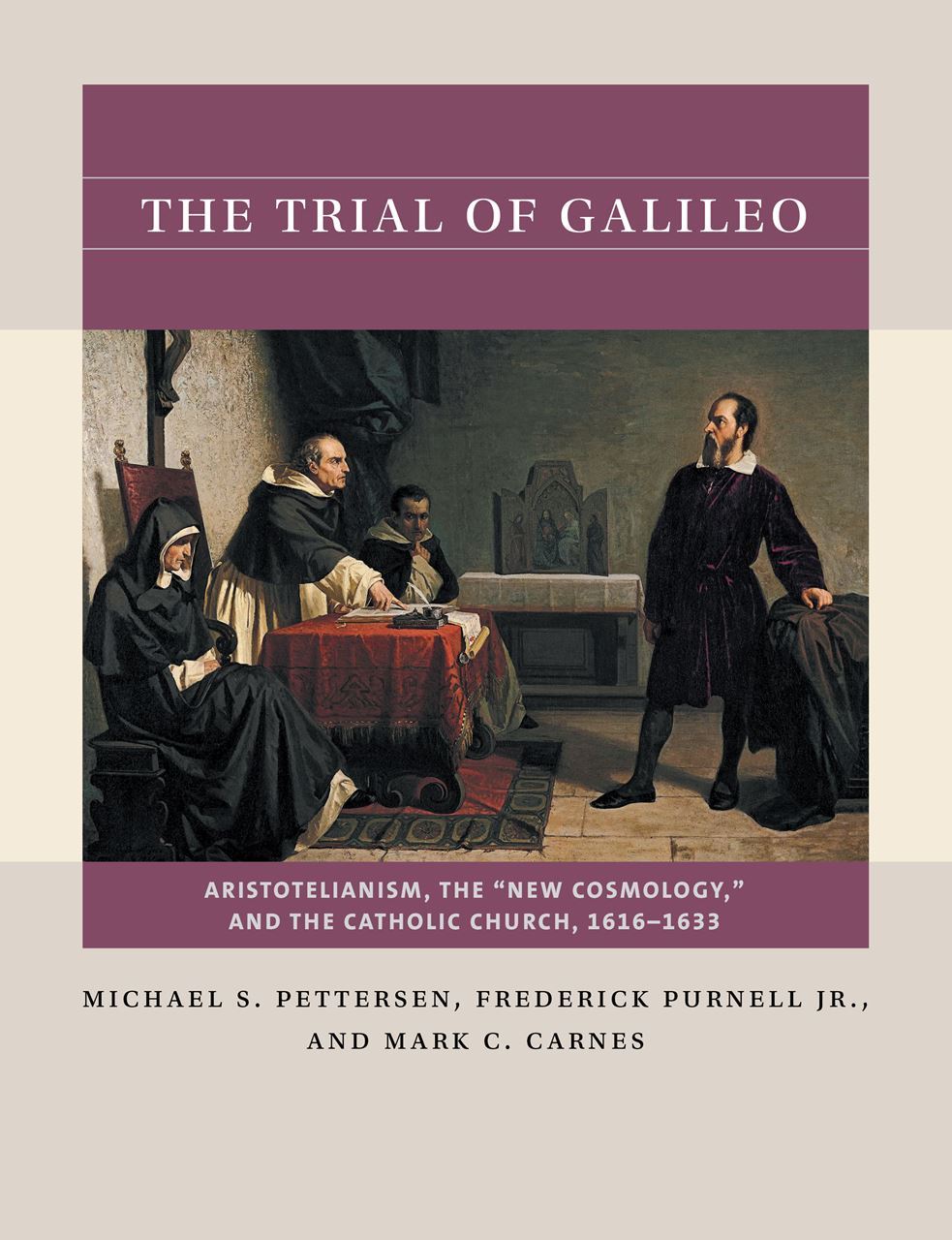|
Ashoka: Becoming the Dharma King Ashoka returned from his successful war against Kalinga, grieved at the great suffering and loss of life he had brought to the land. He was determined to become a better Buddhist and a king who ruled not through force, but through the Dharma (literally “law,” but it comes to mean “true teaching” and “order of the universe”). As members of the Council, students represent the major traditions operative at Ashoka’s time: Brahmin Traditionalists, Jains, Ajivikas, and Buddhists who must advise the King on the policies that will help him become the Dharma-king. 7-9 Sessions 6-47 Students 3rd Century BCE Asia Level 3 Game |
Wrestling with the Reformation: Augsburg, 1530 As a member of the City Council of Augsburg in 1531, you will have to balance the competing demands of the citizens and the Emperor, while considering the implications of various Reformed positions for the city’s military defense, economic growth, and spiritual purity. 7-8 Sessions 12-40 Students 16th Century Europe Published Game |
Politics, Religion, and the Birth of the Public Sphere: England, 1685-1688 Places students in the turbulent political and religious debates of late seventeenth century England, debates that were fundamental in shaping modern civil society. Concludes by simulating the so-called “Glorious Revolution” of late 1688, resolving important player actions throughout the game. 3-6 Sessions 12-35 Students 17th Century Europe Level 3 Game |
CHARLES DARWIN |
CHARLES DARWIN 2ND EDITION |
Confucianism and the Succession Crisis of the Wanli Emperor, 1587 The Wanli emperor has refused to designate his first-born son as his successor, creating a moral crisis. From within the walls of the Forbidden City scholars struggle to apply Confucian precepts to a dynasty in peril. Now, the Grand Secretariat of the Hanlin Academy must decide whether the emperor still has moral authority. 8-9 Sessions 12-21+ Students 16th Century Asia Published Game |
Constantine and the Council of Nicaea: Defining Orthodoxy and Heresy in Christianity, 325 C.E. Plunges students into the theological debates confronting early Christian church leaders. Emperor Constantine has sanctioned Christianity as a legitimate religion within the Roman Empire but discovers that Christians do not agree on fundamental aspects of their beliefs. 7-10 Sessions 7-40+ Students 4th Century BCE SW Asia, Europe Published Game |
Constantine and the Council of Nicaea: Defining Orthodoxy and Heresy in Christianity, 325 C.E. Second Edition Students immerse themselves in the theological debates that defined the challenges and disagreements within the church leadership, addressing fundamental aspects of Christian beliefs. Can the bishops assembled at the council resolve these issues, or will the church face division or dissolution? The outcome of this conference holds the power to shape the trajectory of Christianity for centuries to come. 7-10 Sessions 7-40+ Students 4th Century SW Asia, Europe Published Game (What's this Mean?) |
Egypt 1920s: Feminism, Nationalism, and Islam Egypt has gained limited independence from Great Britain and a new constitutional monarchy. But 18 months in, the new democratic mechanisms are already faltering. Furthermore, Egypt is not fully independence. Students are politicians, industrialists, feminists, reformers, and religious leaders debating whether different proposed reforms are making Egypt modern or western. 8-10 Sessions 18-33 Students 20th Century SW Asia Level 3 Game (What's this Mean?) |
"Engines of Mischief": Technology, Rebellion, and the Industrial Revolution in England, 1817-1818 Players are faced with different choices about how to live and prosper at the dawn of the Industrial Revolution. Do you resist or embrace this new technology? Players must use new economic theories, parliamentary commissions, and news reports to debate the pros and cons of factories, the role of the government in the economy, taxation, workers’ unions, and the extension of political rights down the social order. 5-13 Sessions 10-28 Students 20th Century North America Published Game (What's this Mean? |
The Remaking of the Medieval World, 1204: The Fourth Crusade Allows students to understand and experience one of the greatest medieval atrocities: the sack of the Constantinople by a crusader army, and the subsequent reshaping of the Byzantine Empire. Balances secular and theological issues at the core of the East-West Schism. 6-12 Sessions 12-52 Students 13th Century Europe, SW Asia Published Game |
Rousseau, Burke, and Revolution in France, 1791 Plunges students into the intellectual and political currents that surged through revolutionary Paris in the summer of 1791. Members of the National Assembly gather to craft a constitution for a new France while wrestling with the threat of foreign invasion, power struggles, liberty, and citizenship. 8-14 Sessions 7-41 Students 18th Century Europe Published Game |
Philosophy, Politics, and Diplomacy in China, 223 BCE This game takes place at the end of the Warring States period in China, at a time when Qin state has already absorbed two of the previously existent seven states, and is threatening the remaining four states of Chu, Qi, Zhao and Yan. The simulation is structured as a debate amongst the four most influential philosophical legacies of the Warring States era: Confucianism, Naturalism, Legalism, and Mohism. 7 Sessions 13-35 Students 3rd Century BCE Asia Level 3 Game (What's this Mean?) |
The Mongol Qurultai of 1246 This game brings together the rival members of the Mongol royal family and representatives from across Eurasia to debate the legacy of Genghis Khan, appoint a successor to the Mongol throne, promote interreligious dialogue between Islam, Buddhism and Christianity, and plot where the vast Mongol Empire should expand next. 3-6 Sessions 15-40 Students 13th Century Asia, Europe Level 3 Game (What's this Mean?) |
Church and State on the Road to Canossa, 1075-77 Religious and secular powers clash as Western Christendom must decide who holds ultimate authority, the Pope or Holy Roman Emperor. Students will explore the intricate workings of the medieval church and how it interacted with the state in a tumultuous time. 6-7 Sessions 14-38 Students 11th Century Europe Level 3 Game (What's this Mean?) |
Henry VIII and the Reformation Parliament King Henry VIII has summoned Parliament in the hope that it somehow will find the means to invalidate his marriage to Catherine of Aragon. But some members wish to use the royal divorce to restructure English society and its religious doctrine. Will the ties to papal Rome and tradition hold strong in the face of reform? The outcome of this contest will decide whether this modern-nation state will be born. 6-14 Sessions 12-28 Students 16th Century Europe Published Game |
Defining a Nation: India on the Eve of Independence, 1945 The British viceroy has invited leaders of various religious and political constituencies to work out the future of Britain’s largest colony. As British authority wanes, smoldering tensions among Hindus, Muslims, Sikhs, Communists and others increasingly flare into violent riots that threaten to engulf all India. 11-12 Sessions 11-35 Students 20th Century Asia Published Game |
The Josianic Reform: Deuteronomy, Prophecy, and Israelite Religion Set just before a monotheistic reform of Israelite religion (622 BCE), the game takes up several tensions within the Bible: “the one versus the many gods,” the nature of sacred text and prophecy, and the conflict of ideas within the Bible itself. The Documentary hypothesis—the literary-historical notion that the Torah grew out of a set of traditions, documentary “sources,” and editorial activity—takes seriously the competing idea sets within the Bible. 10-11 Sessions 12-30 Students 7th Century BCE SW Asia Level 3 Game |
Kansas, 1999: Evolution or Creationism Christian Conservatives on the Kansas Board of Education have deleted macroevolution and Big Bang cosmology from the state science curriculum. The game centers on the election of a new Board of Education which must, for legal reasons, revisit the decision. Questions are raised about the role of religion in American society, the power of religious fundamentalism in the modern world, and the nature of science. 7-9 Sessions 12-30+ Students 20th Century North America Level 3 Game (STEM) |
Physician-Assisted Suicide: Autonomy, Ethics, Morality, and the End of Life The California legislature, governor, and courts consider approval of the End of Life Option Act (EOLA) to legalize physician-assisted suicide. Players engage in the forty-year debate from 1976-2016 springing from the case of Karen Ann Quinlan, which raised questions about whether there is a right-to-die, the roles of family and physicians, and how the constitutional right to privacy is involved in end-of-life decisions 7-9 Sessions 14-30+ Students 20th Century North America Level 3 Game |
Russian Literary Journals, Dostoevsky, and Tolstoy in St. Petersburg, 1877 Editors, writers, censors, and businesspeople will compete to produce a successful literary journal, which requires a nuanced understanding of political philosophies and writing styles as well as solid finances and social connections. Roles, will give students the option of producing their own creative work, analyzing an existing work, or commenting on social issues in Elena Shtakenshneider’s literary salon. 8-17 Sessions 15-30 Students 19th Century Europe/Asia Level 4 Game |
The Second Crusade: The War Council of Acre, 1148 Takes place at the War Council of Acre in 1148, as the Pope has called for a second crusade. The council must debate the idea of “crusading,” the justifications for holy war, who will lead it, and how it will be conducted. Players become the monarchs, barons, and religious authorities present at the council. They are informed by the New Testament and the Qur’an, as well as the writers who described it. At the end, players will find out if their crusade was a success! 7-9 Sessions 15-30 Students 12th Century Europe, SW Asia Level 3 Game |
The Trial of Anne Hutchinson: Liberty, Law, and Intolerance in Puritan New England Recreates one of the most tumultuous and significant episodes in early American history: the struggle between the followers and allies of John Winthrop, Governor of the Massachusetts Bay Colony, and those of Anne Hutchinson, a strong-willed and brilliant religious dissenter. 7-9 Sessions 11-19 Students 17th Century North America Published Game |
The Trial of Galileo: Aristotelianism, the "New Cosmology," and the Catholic Church, 1616-1633 New science, as brilliantly propounded by Galileo Galilei, collides with the elegant cosmology of Aristotle, Aquinas, and medieval Scholasticism. Issues range from the nature of faith and the meaning of the Bible to scientific principles and methods advanced by contemporary scientists. 11-12 Sessions 14-32 Students 17th Century Europe Published Game (STEM) |

